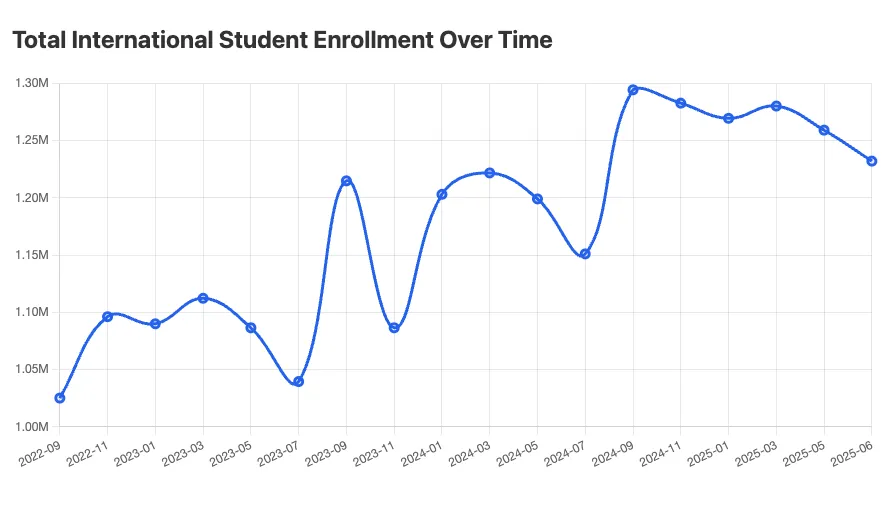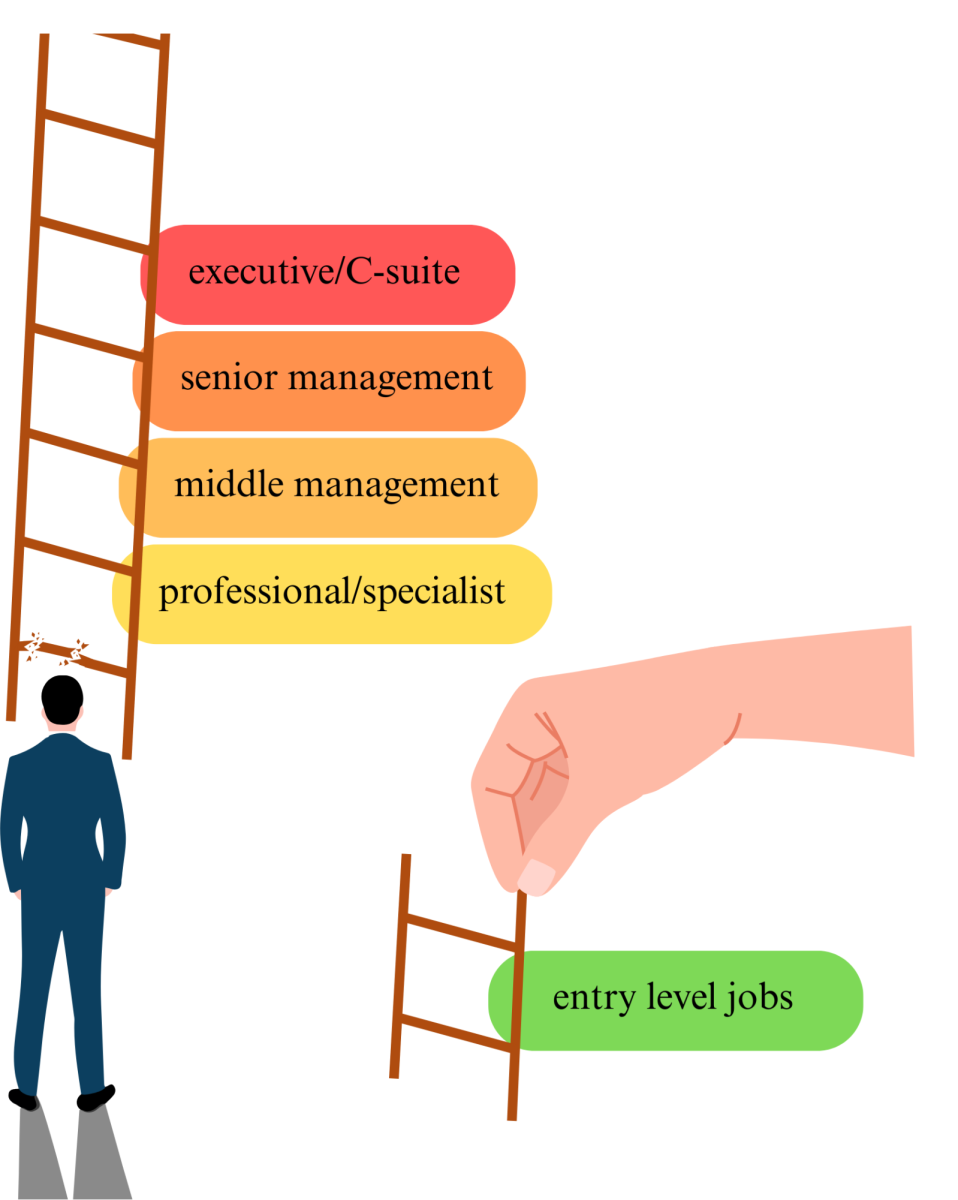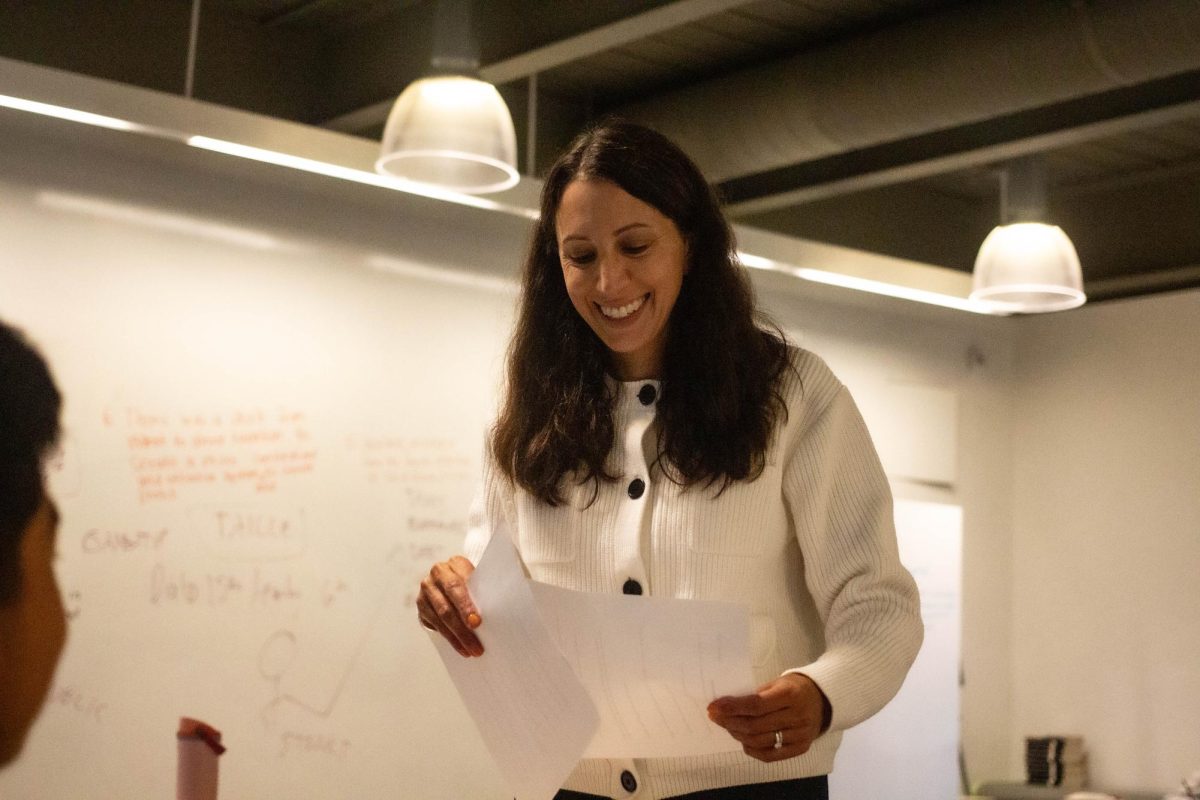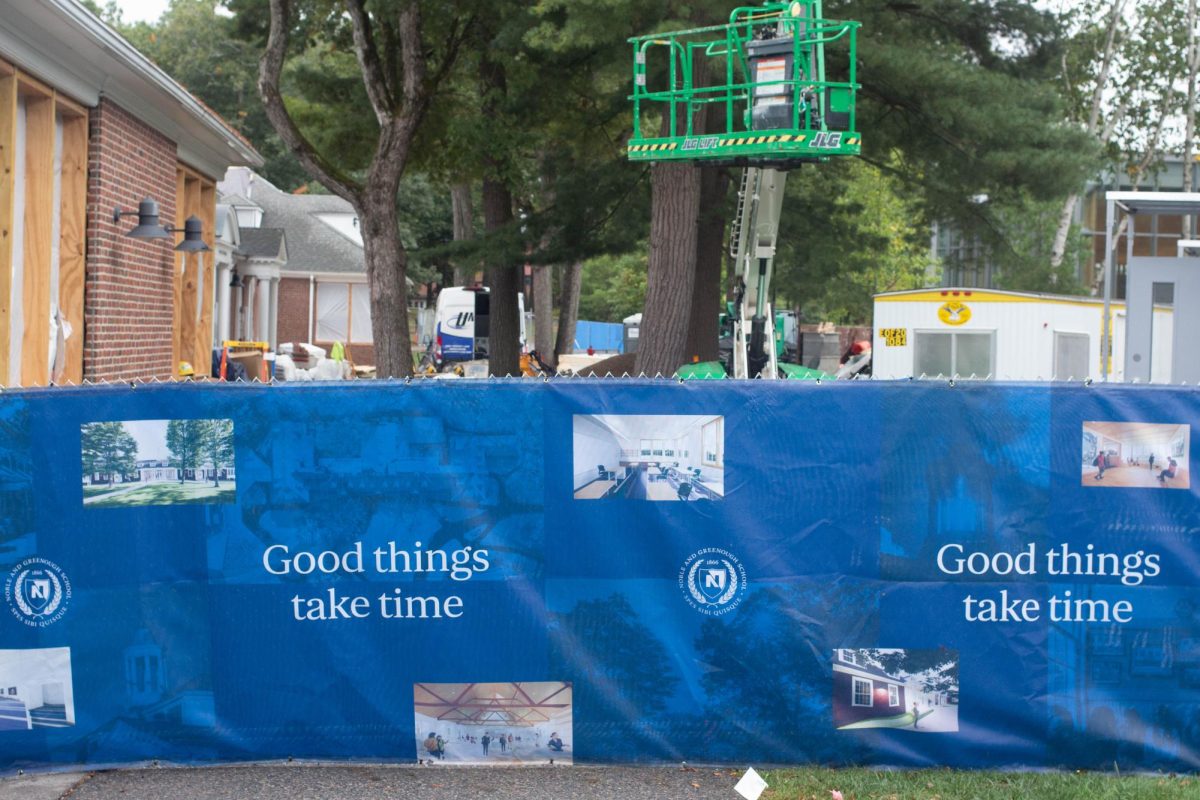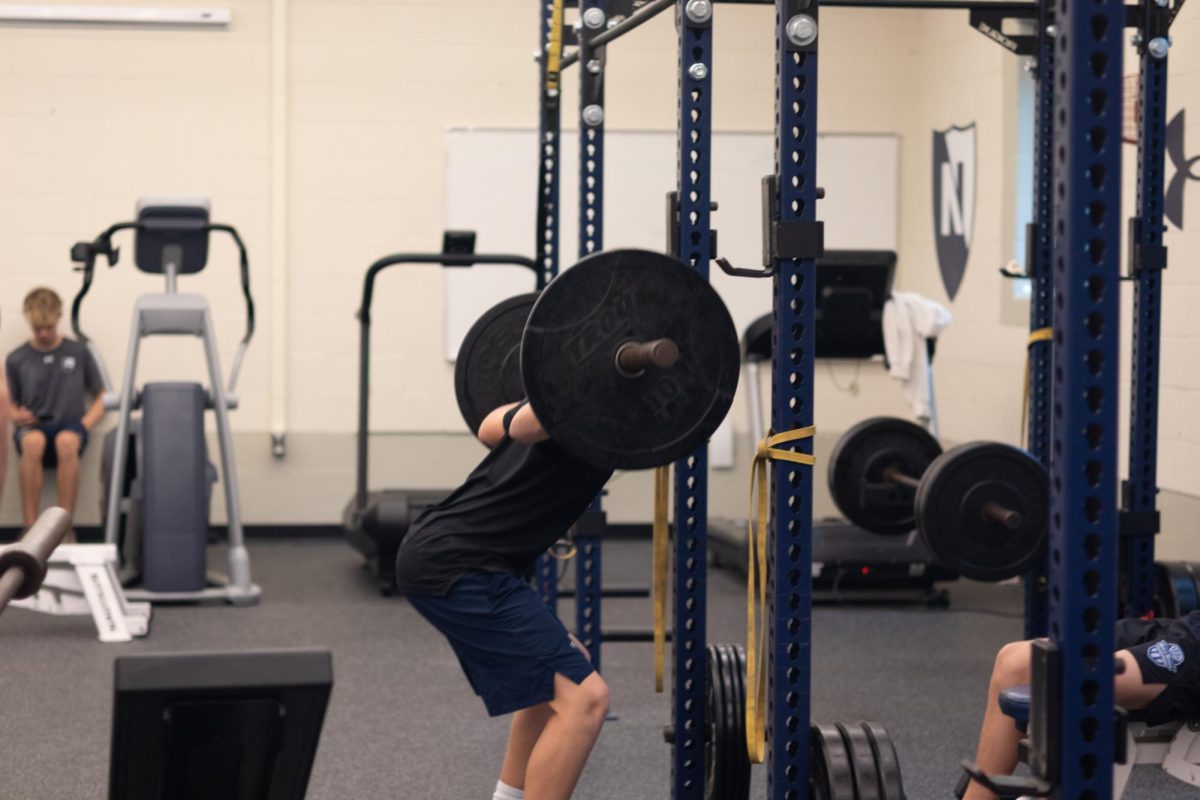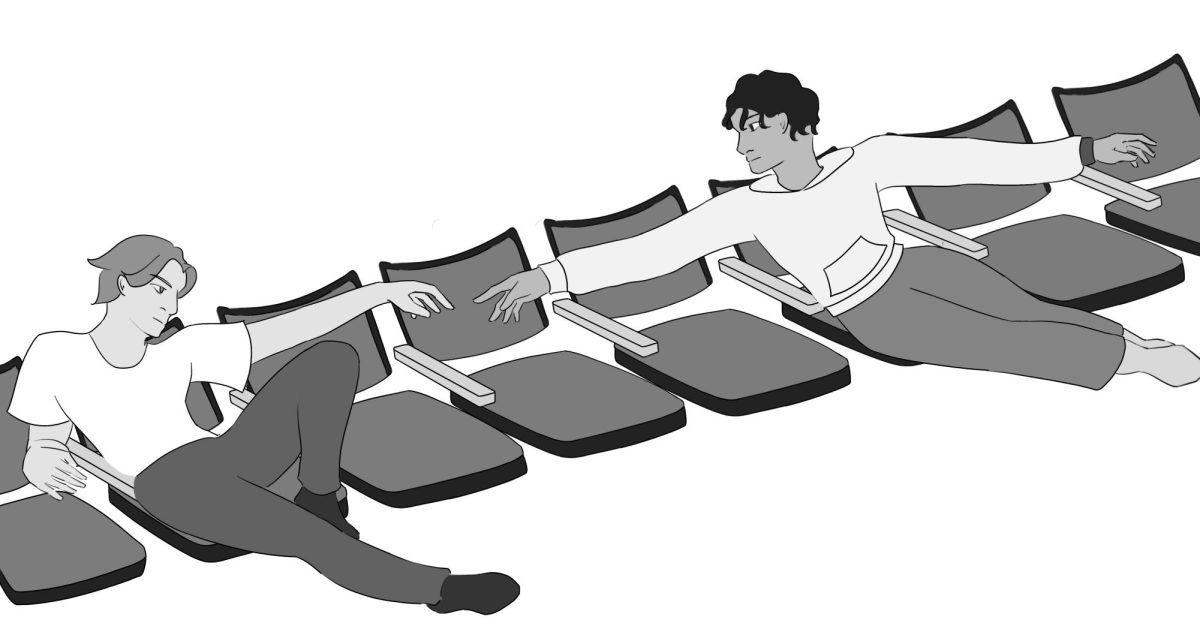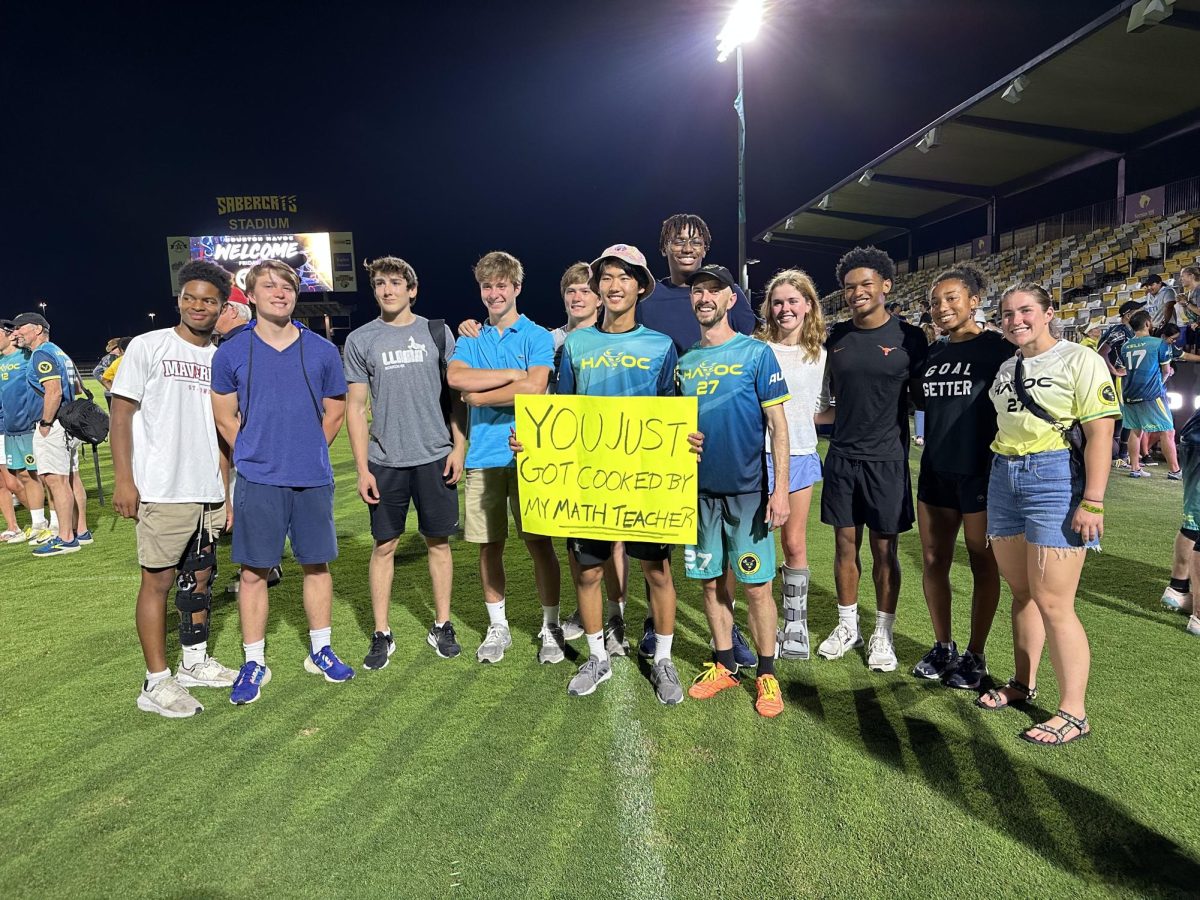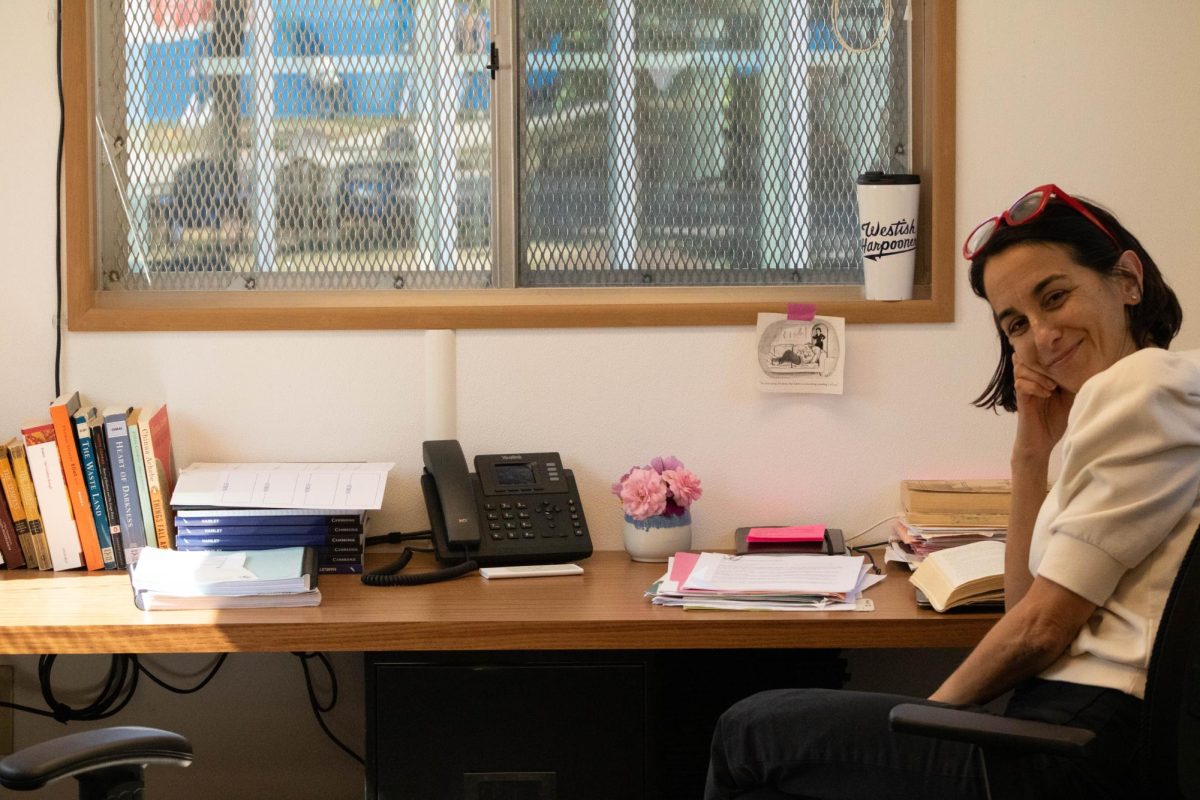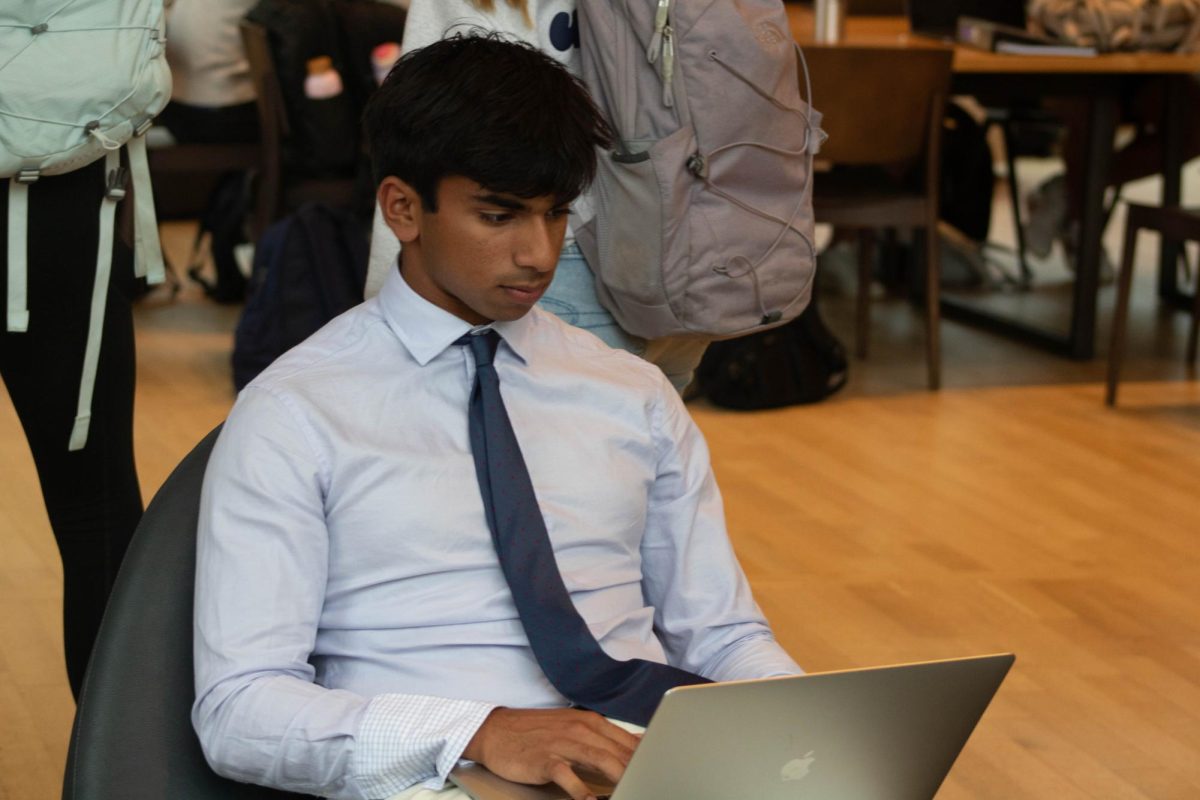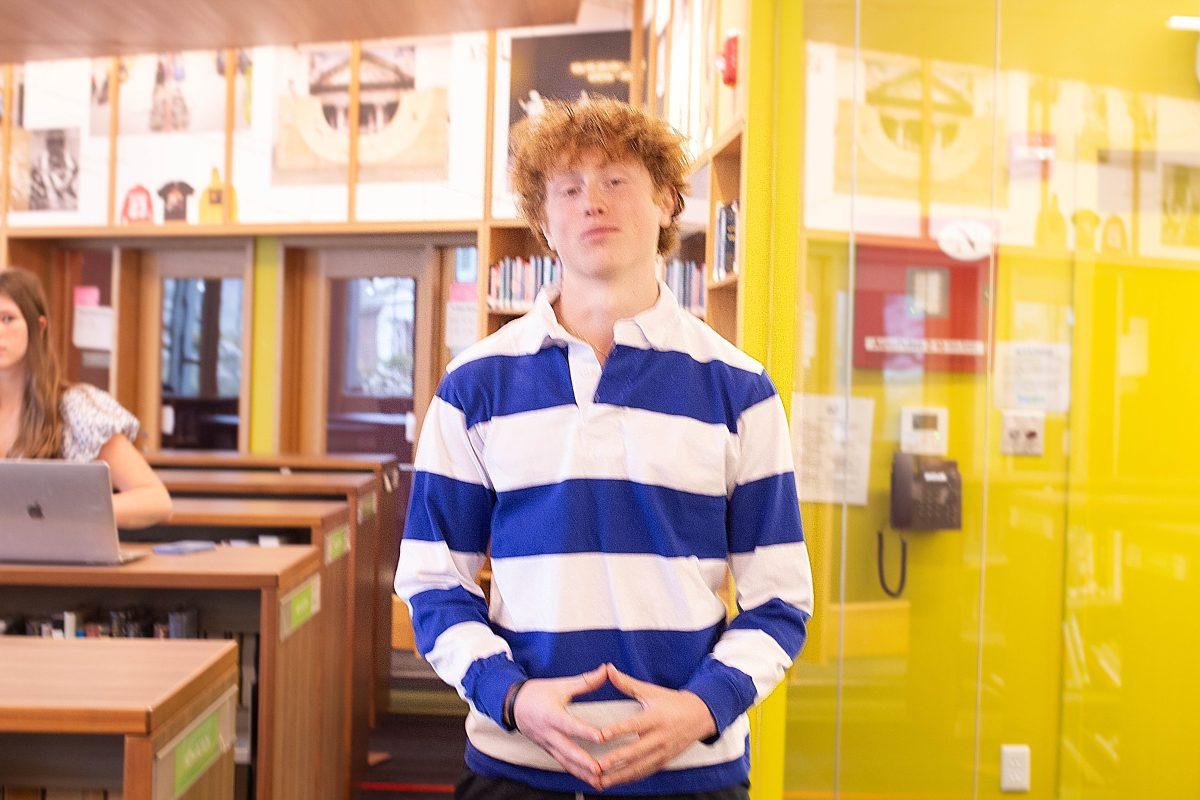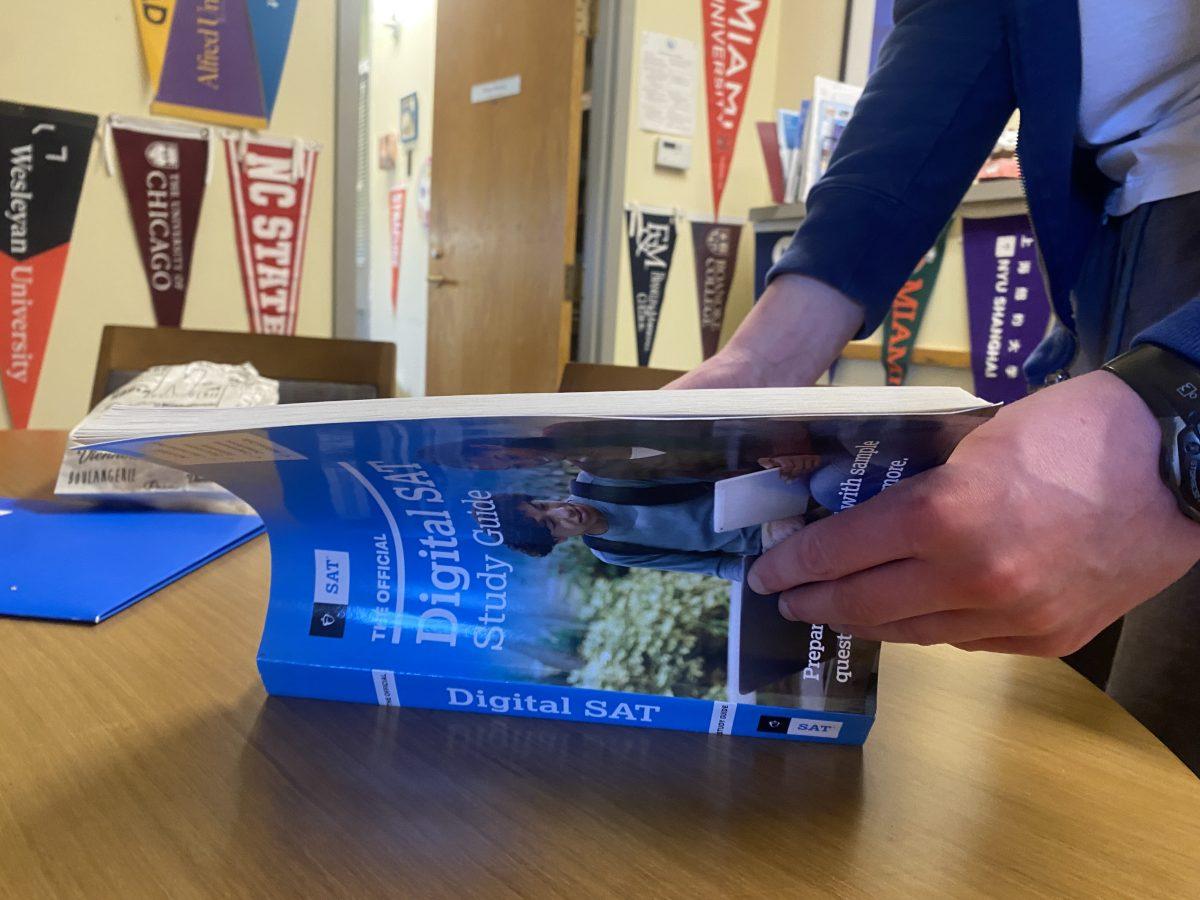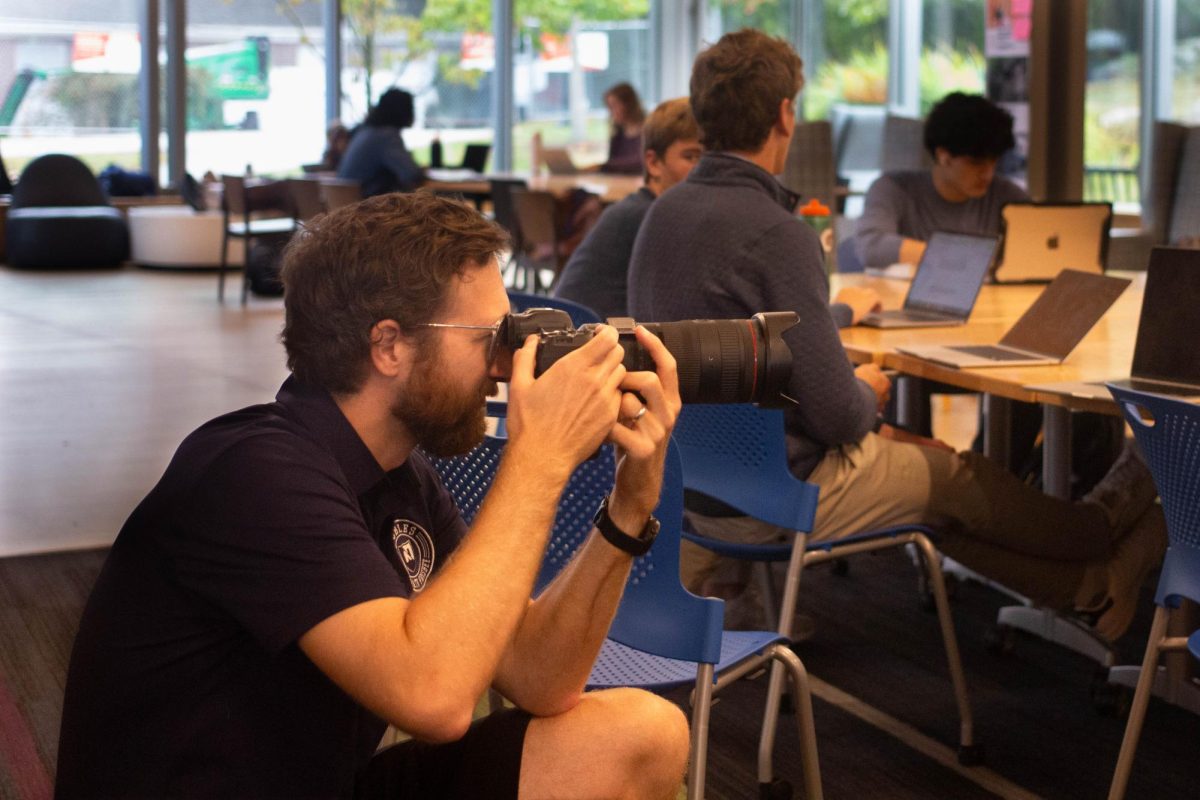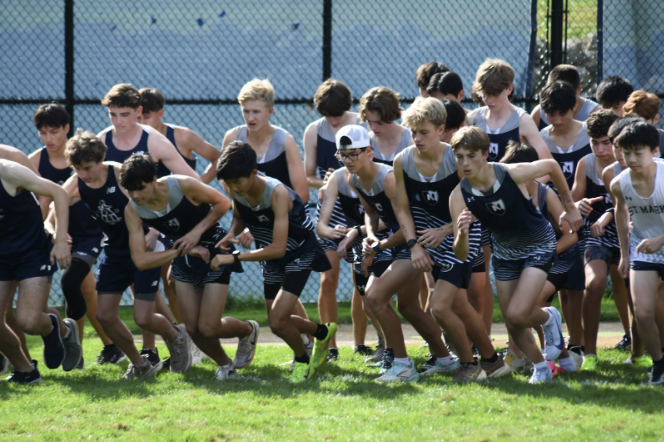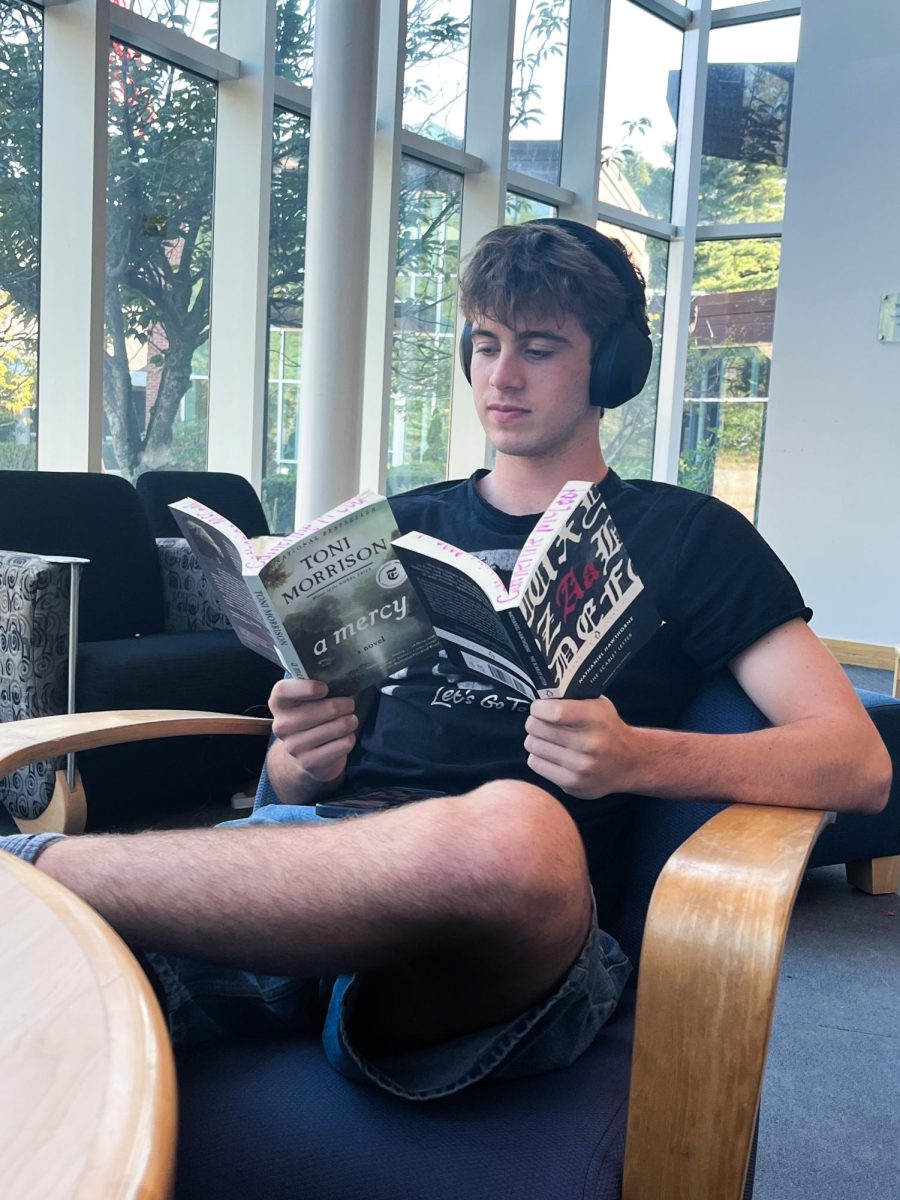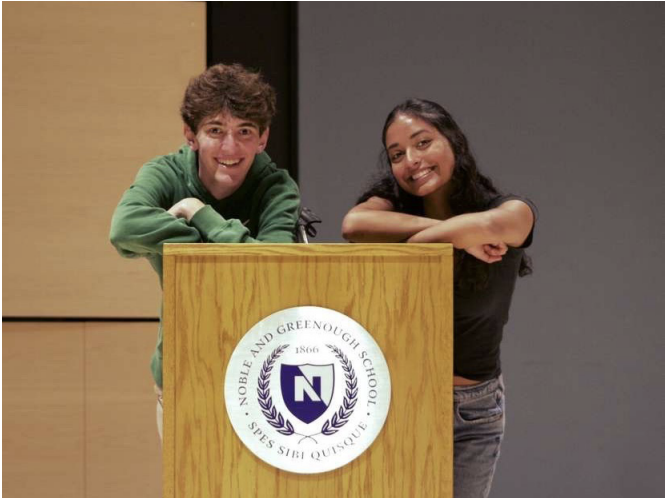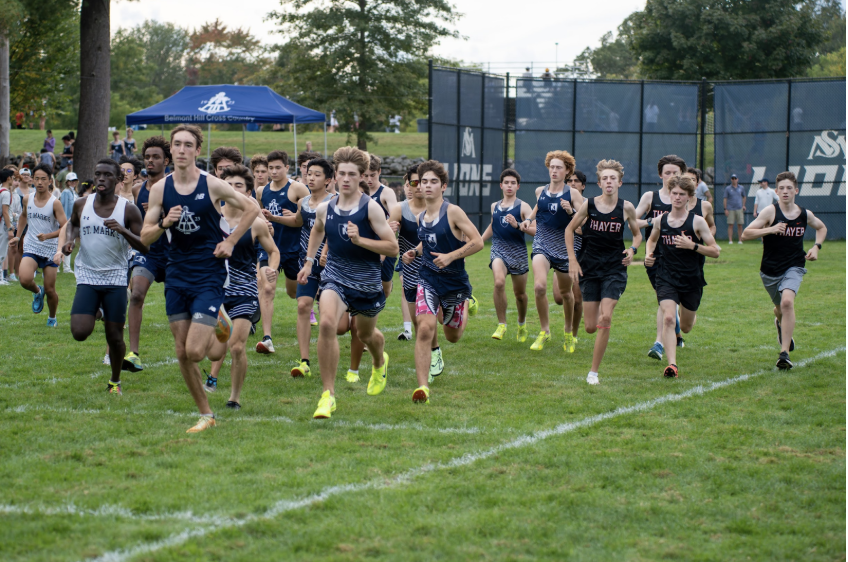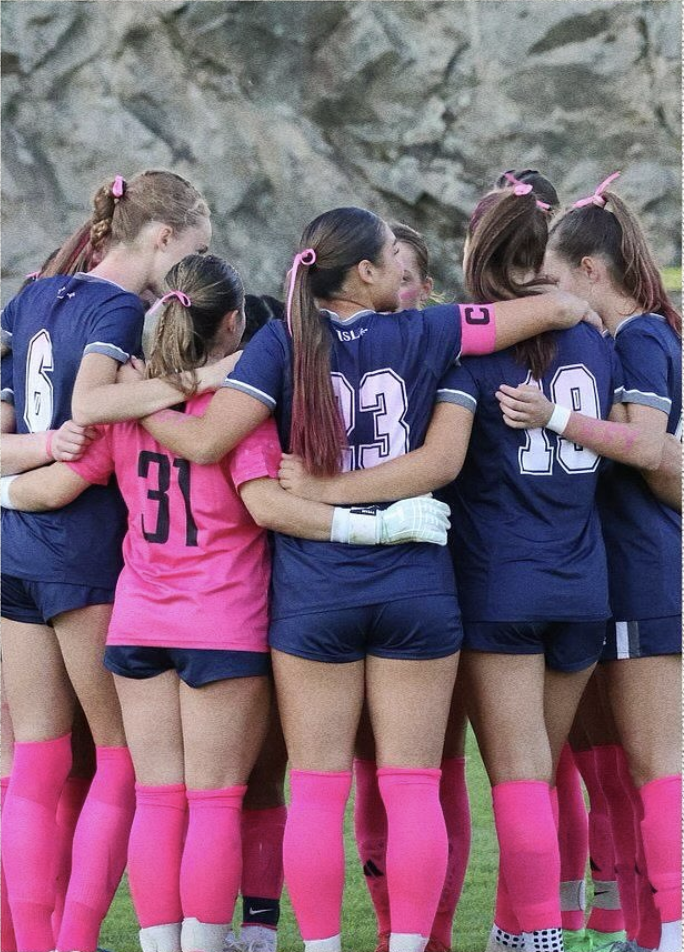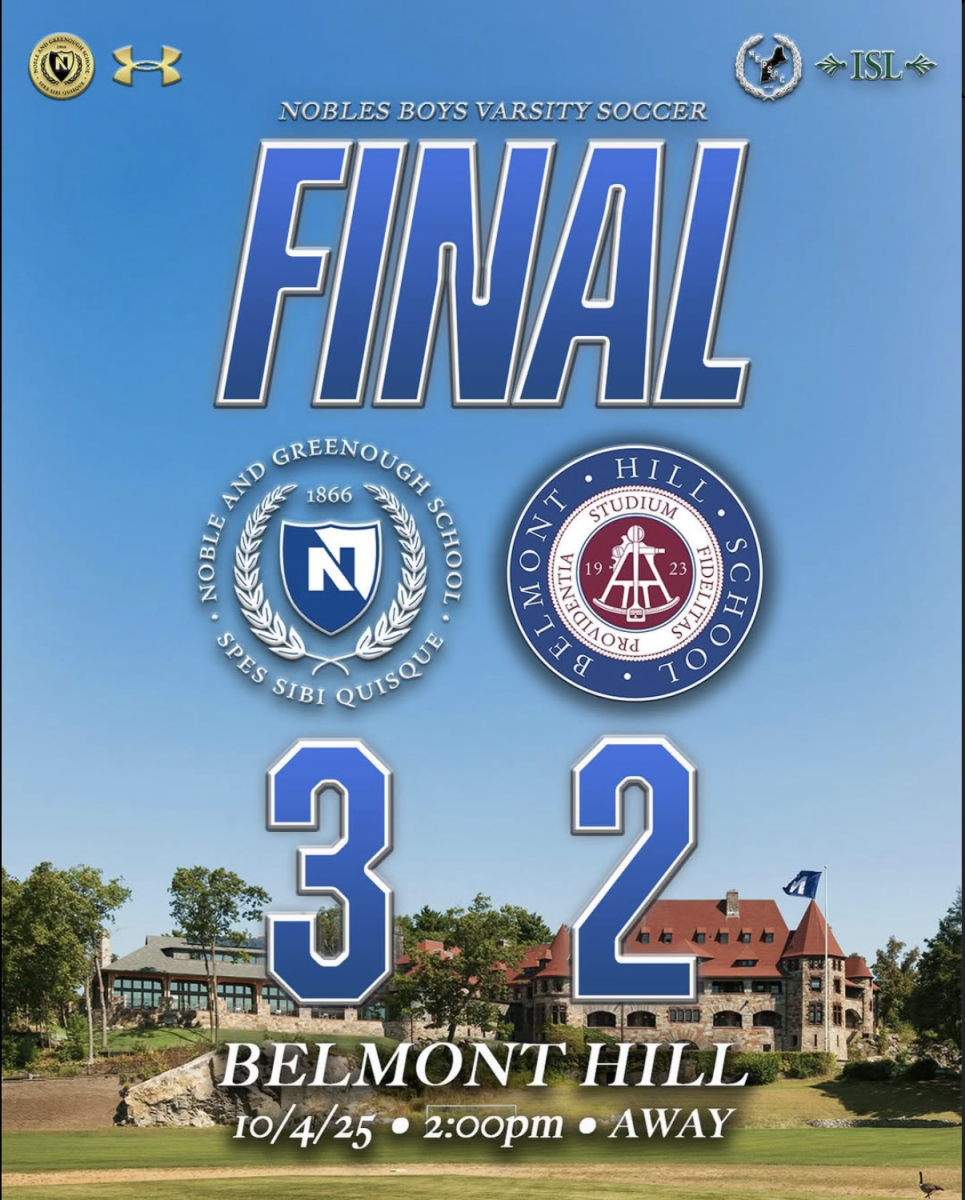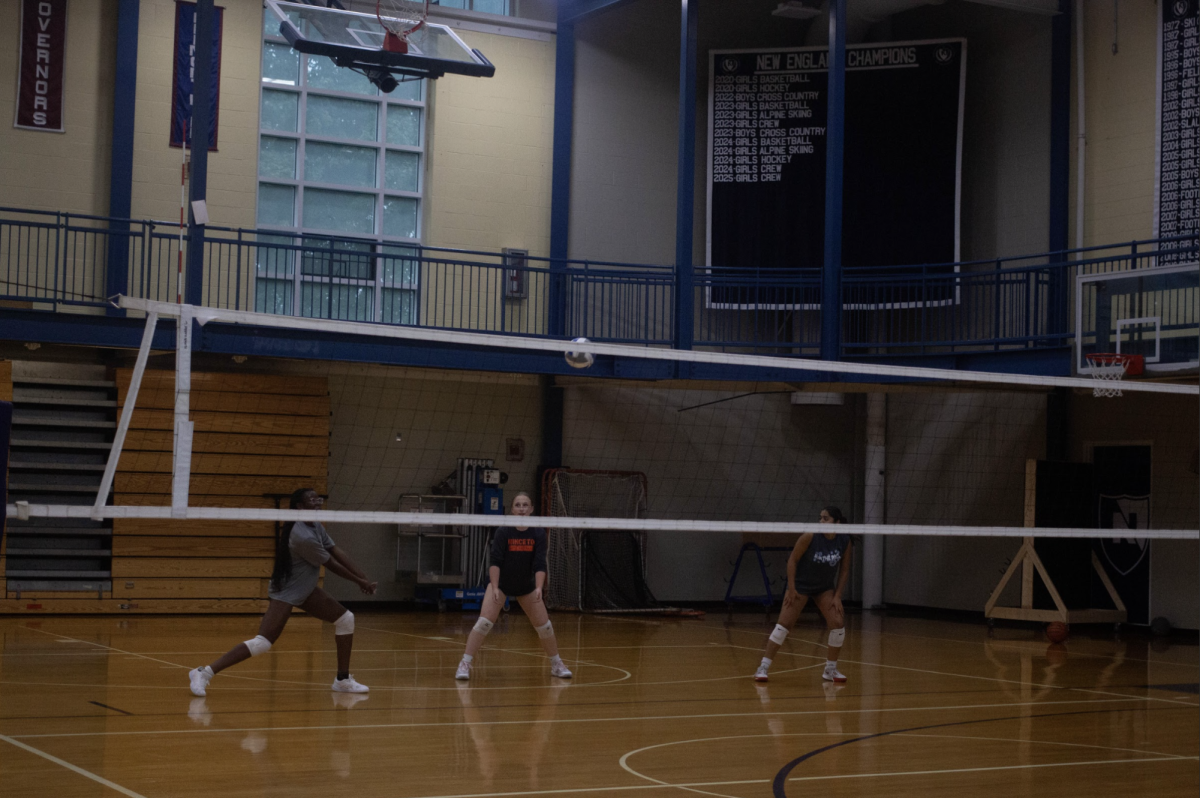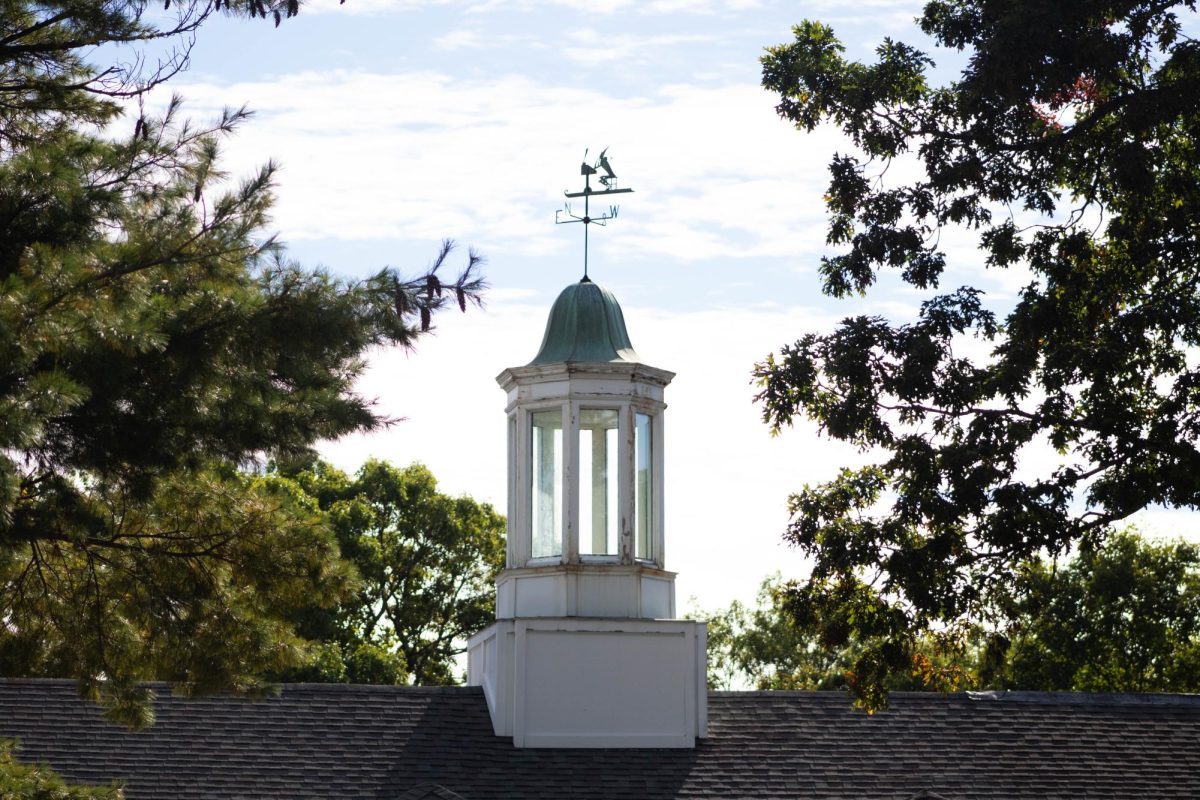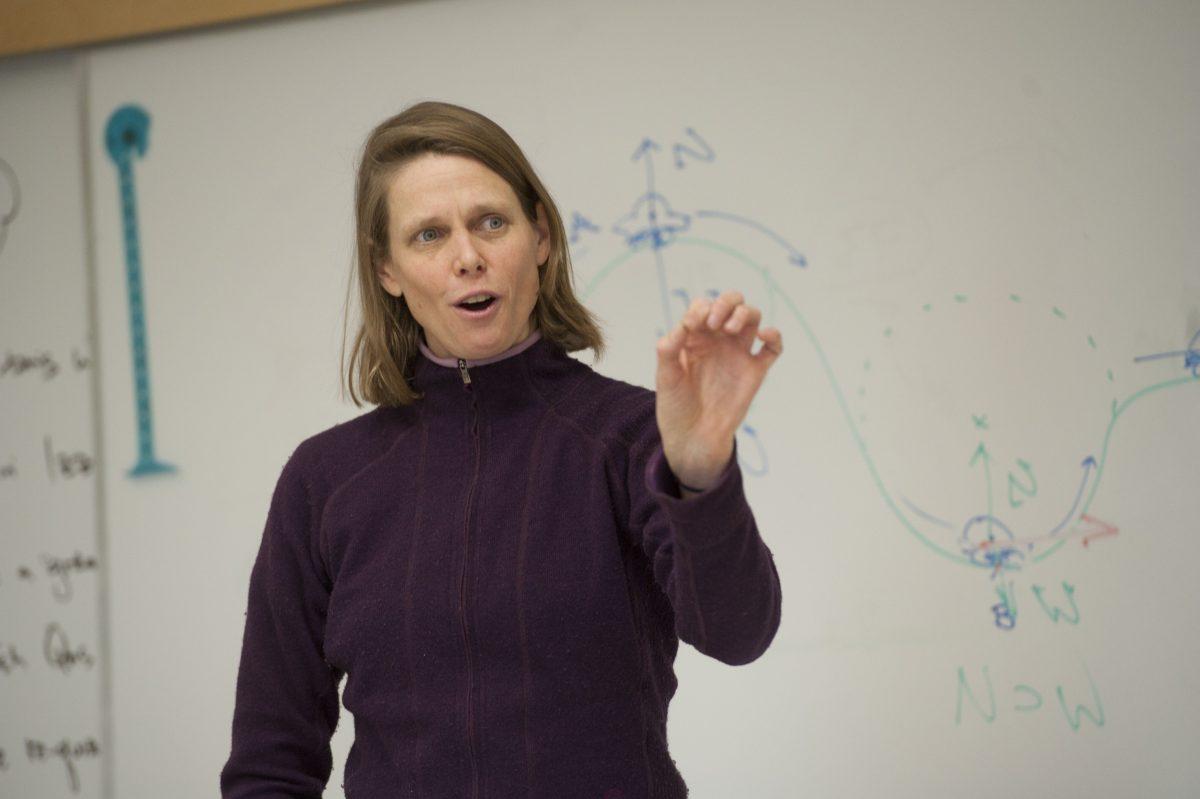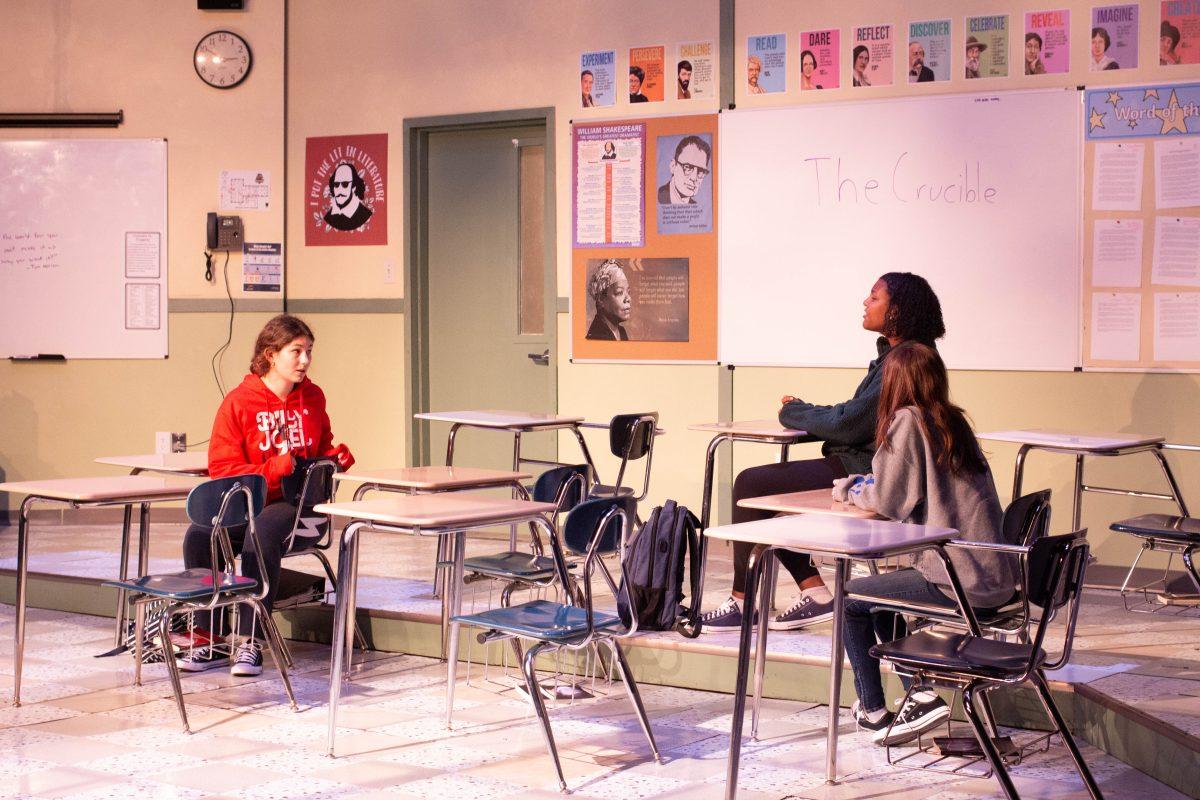As with every senior class, the library is abuzz with conversation about college. Yet, unlike any other college cycle, President Trump’s new visa restrictions and travel bans suggest meaningful changes to the college landscape.
In the last few months, Trump has imposed travel bans on 12 countries, restrictions on seven more, and implemented new visa policies that permit international students to hold visas for only four years. As a result, the US has seen a decline in the number of international students applying to colleges. According to Forbes, the total number of international applicants has decreased by a staggering 28.5% in just the last year. But what does this mean for Nobles students?
At face value, it’s a simple numbers game: fewer applicants mean more spots, and more spots mean more opportunities. However, the issue is far more nuanced than this.
Presently, seniors are wrestling with what this hypothetical advantage may mean for them.
“I am aware of the fact that it’ll most likely benefit me and other people in our grade who are permanent residents in the US, because fewer applicants means more spots available for students here. But I am not sure that that’s an advantage I want to have at the expense of other students having the opportunity or having access to education here,” Kavi Shankar (Class I) said. “So, do I think it will help me? Yeah. Did I want this to happen? No. And I think it’s one of those things where, unfortunately, we can’t really do much about it.”
This leaves students in a difficult position, prompting them to consider how the Nobles administration and its students should respond to this situation.
“As an educational institution, Nobles should be doing better to disseminate this information to its students, especially relative to the international population in the United States and in our school. While it does call for more administrative civic involvement, it’s important that we be aware of visa restrictions that affect our universities’ and the US’s futures,” Lara Sahagun (Class I) said.
Moreover, there is a lack of clarity about what these policies actually mean for college admissions. Since this is the first college cycle in which Trump’s visa restrictions have taken full effect, there is no concrete data from which conclusions can be drawn.
Associate Director of College Counseling Nora Dowley-Liebowitz said, “I think there is a general consensus that there will be an impact from the new visa policies of the current administration, but we actually don’t really know the impact just yet.”
Because the Nobles College Office prides itself on making informed, data-driven decisions, the outcomes of this coming cycle will be the most telling going forward.
“Right now, it’s really important that we stay the course and trust our process and our network, both at Nobles and our wider network of college counselors and admissions counselors, to help inform our decisions,” Dowley-Liebowitz said. “I think international students will still attend colleges and universities in the United States. The question is, ‘Where will they be from, and where will we see a significant drop based on these policies?’ I don’t know yet.”
Beyond Nobles, these policies pose a broader threat to the United States’ relationships with foreign countries. Schools with long-standing relationships to specific foreign institutions are being compelled to dismantle or significantly alter those connections, potentially resulting in serious consequences for the nation.
“If we don’t have an international population in American schools, then we will lose so much of our foothold in the international world. It’s a recipe for disaster, and a recipe for isolationism,” Sahagun said.
Although these new policies continue to thrust both the country and Nobles into uncertain times, it is now more important than ever that we remain calm and civically minded. For now, only one thing is certain: The 2026 admissions cycle will be unlike anything we have ever seen. With so many unknowns, students, counselors, and schools will be watching closely to see how these policies reshape who has access to American campuses.

